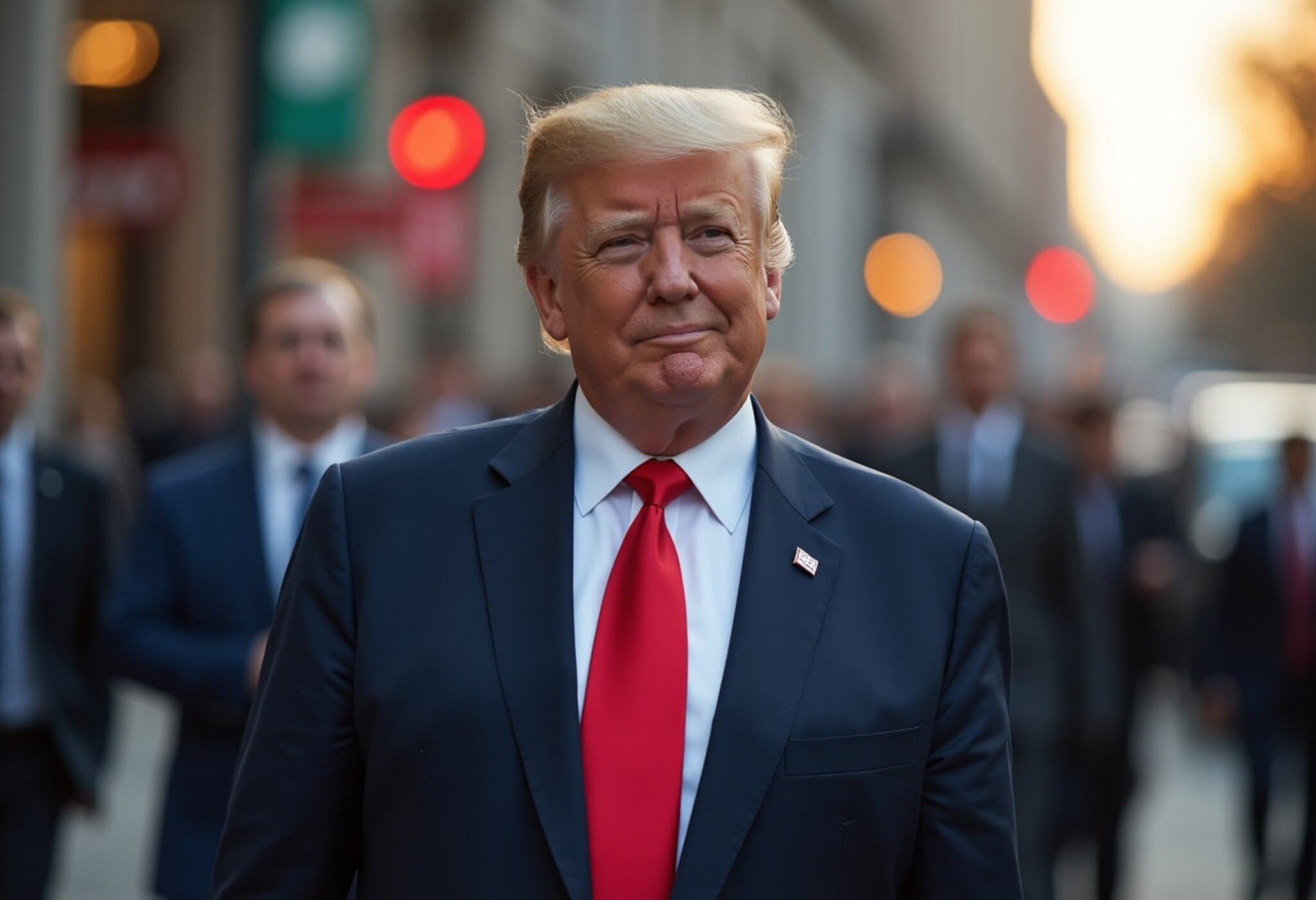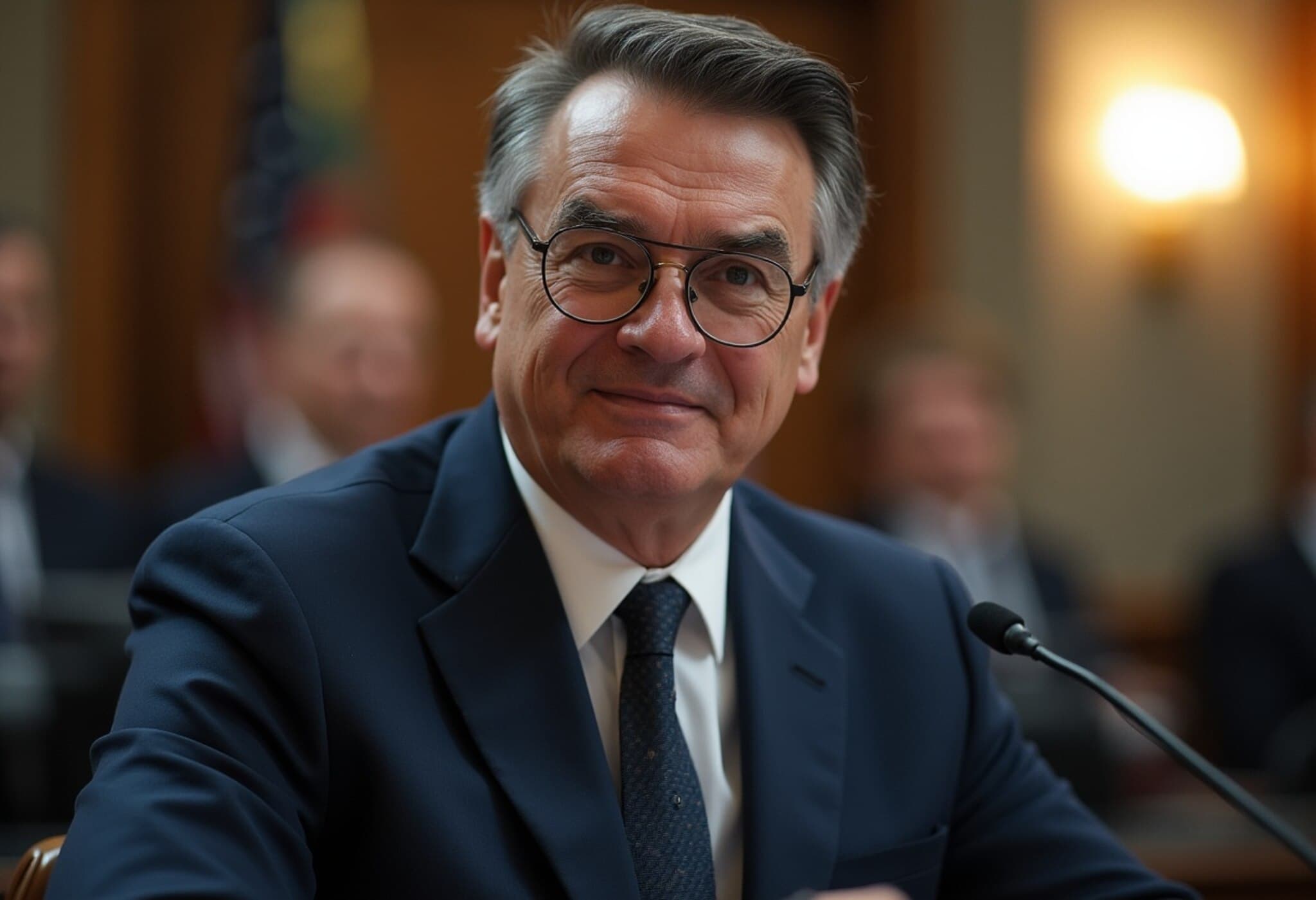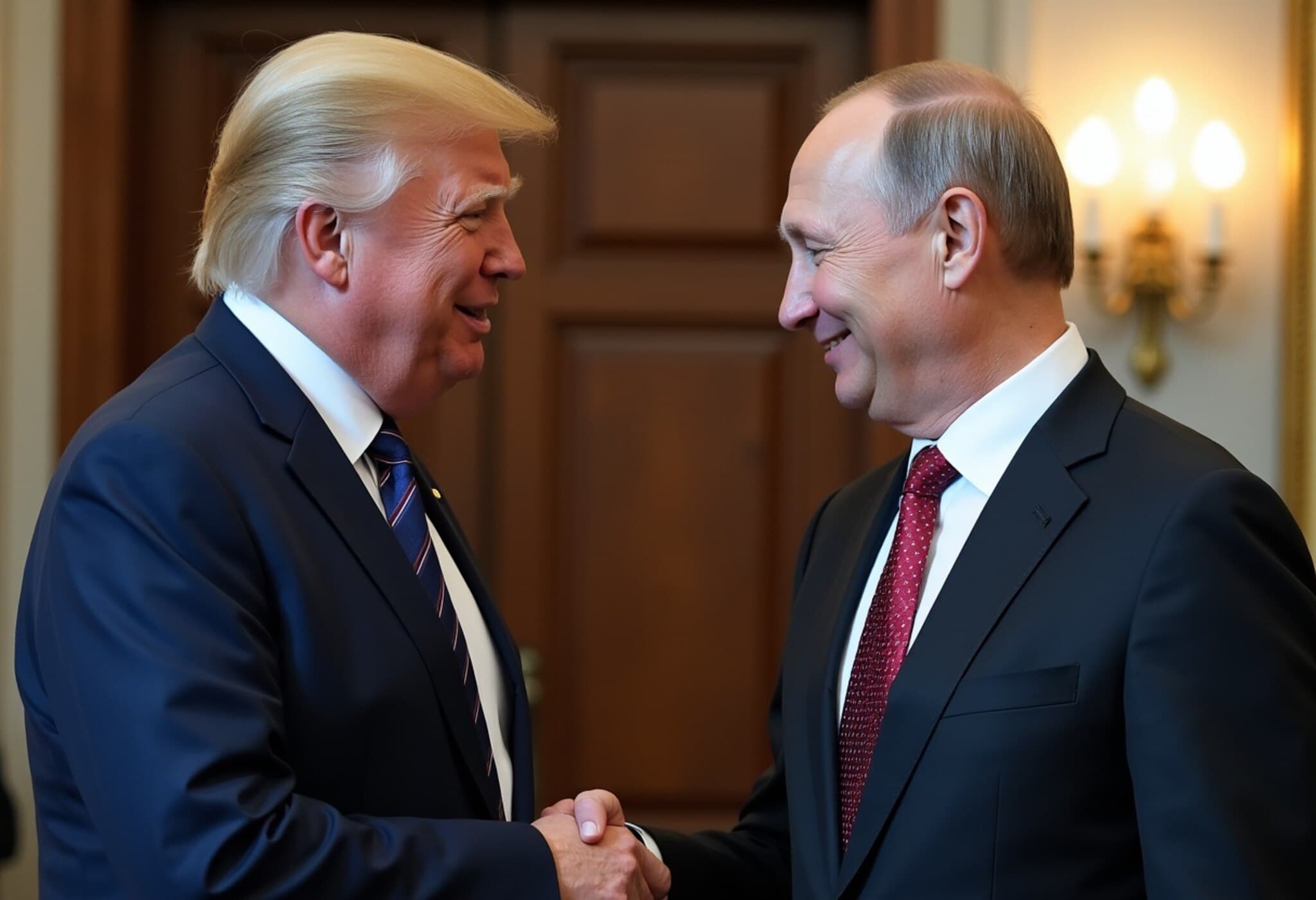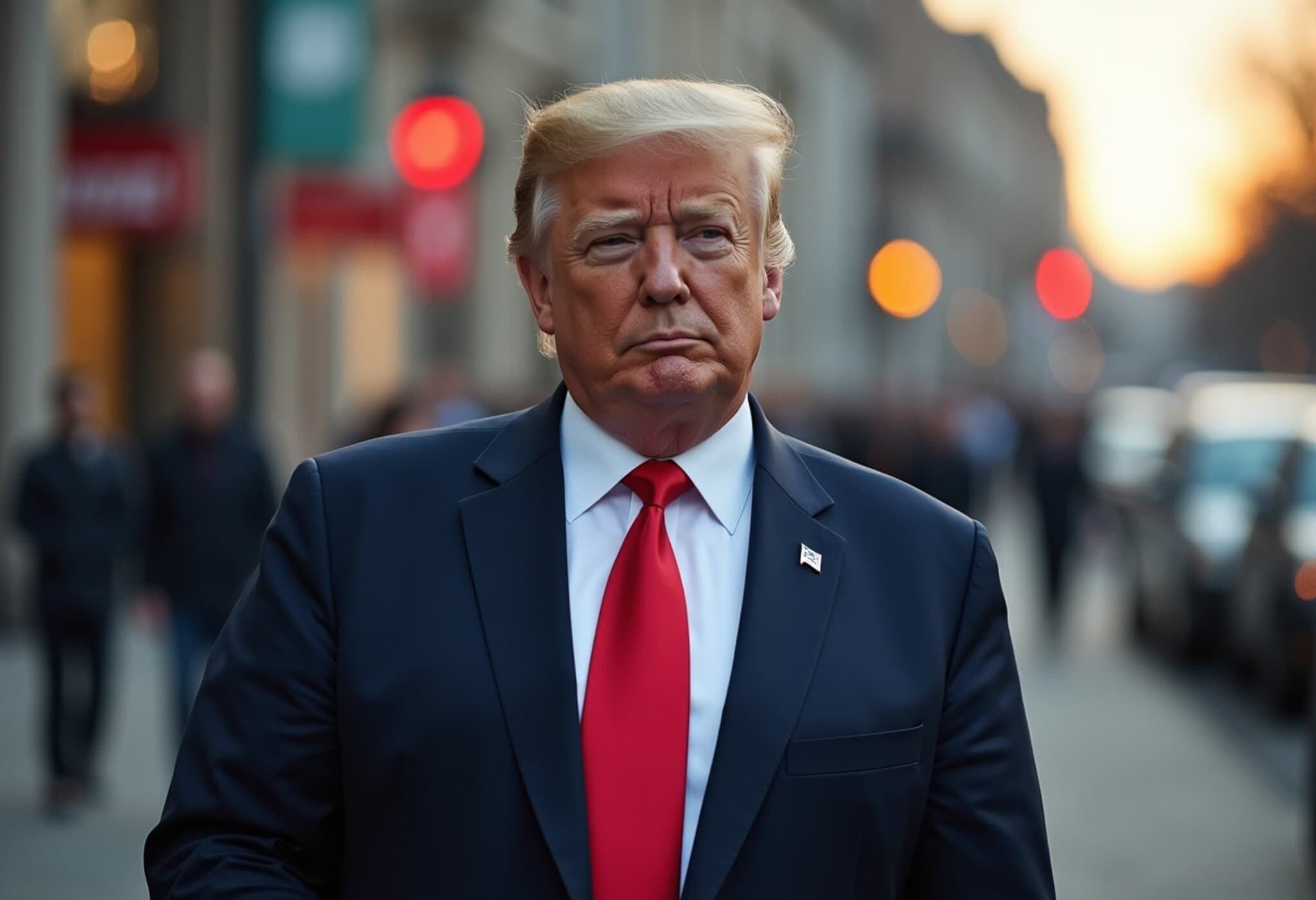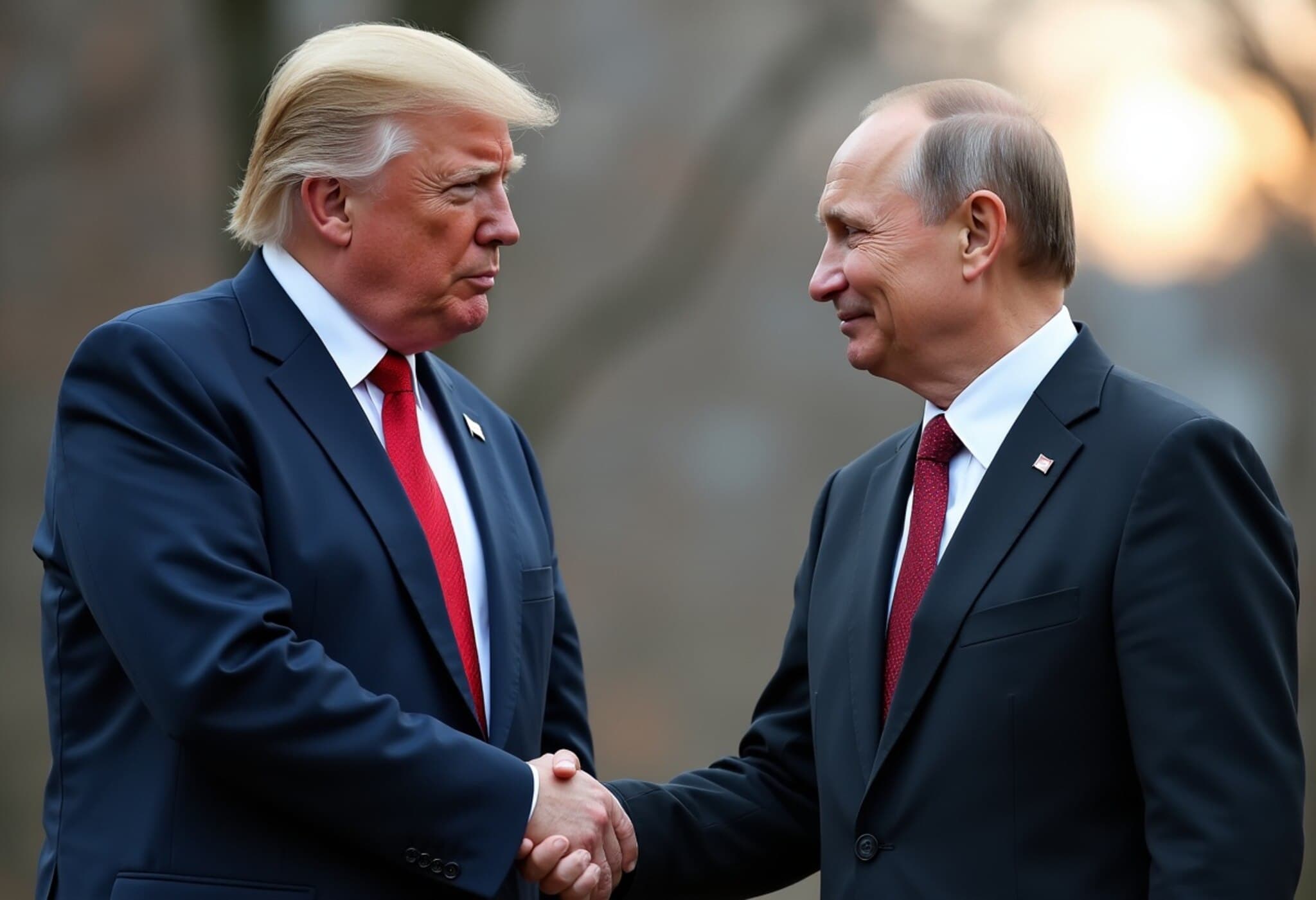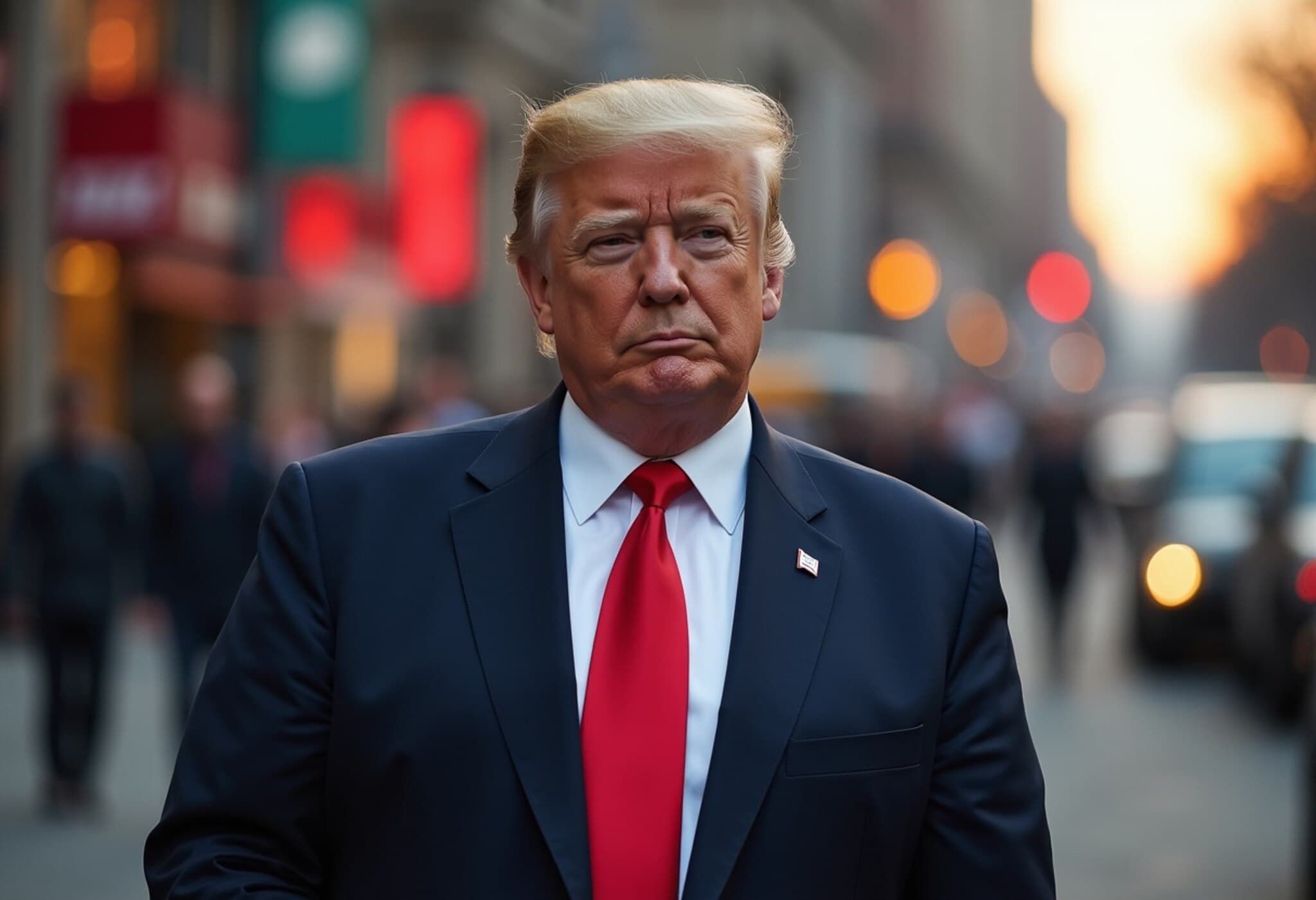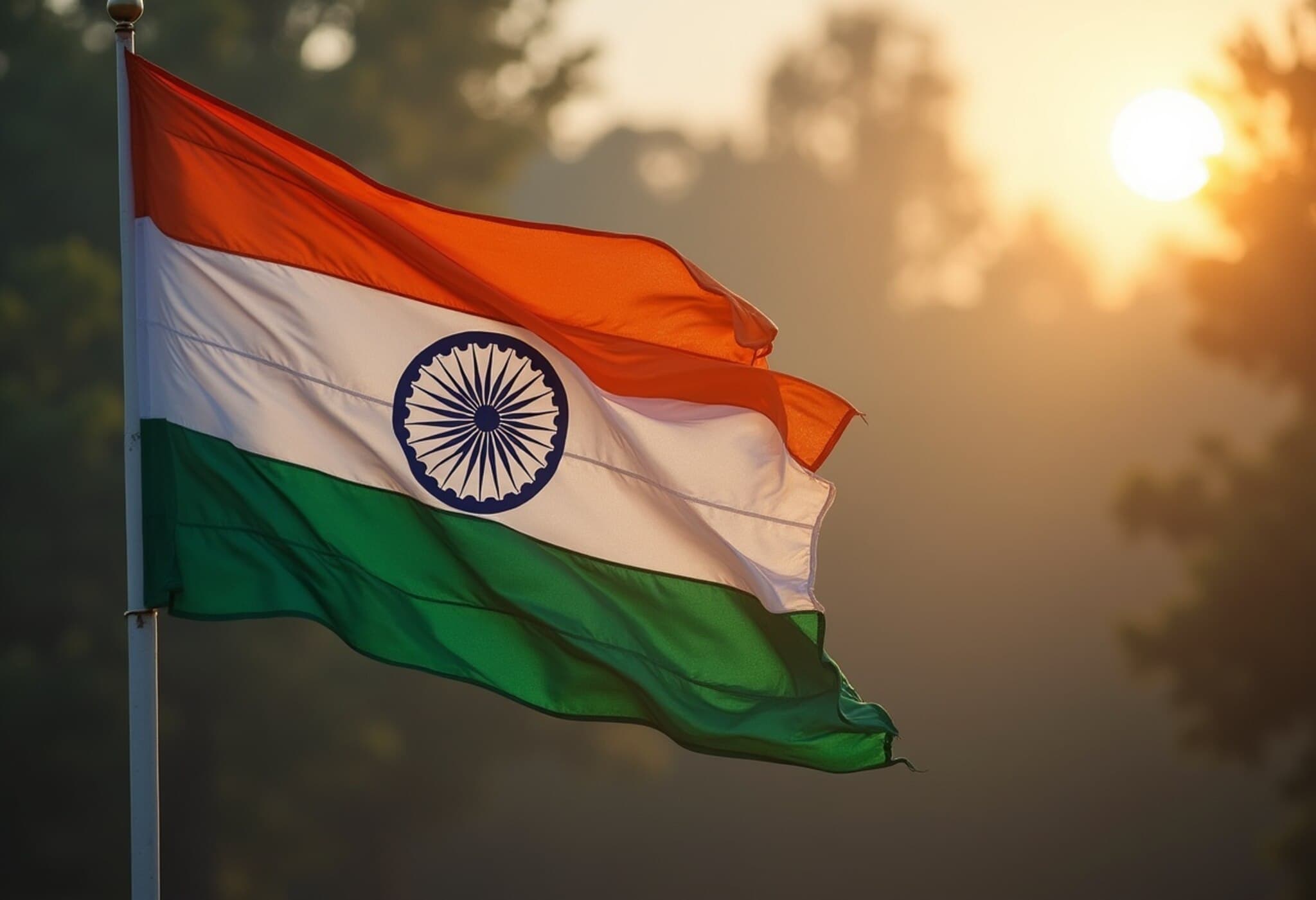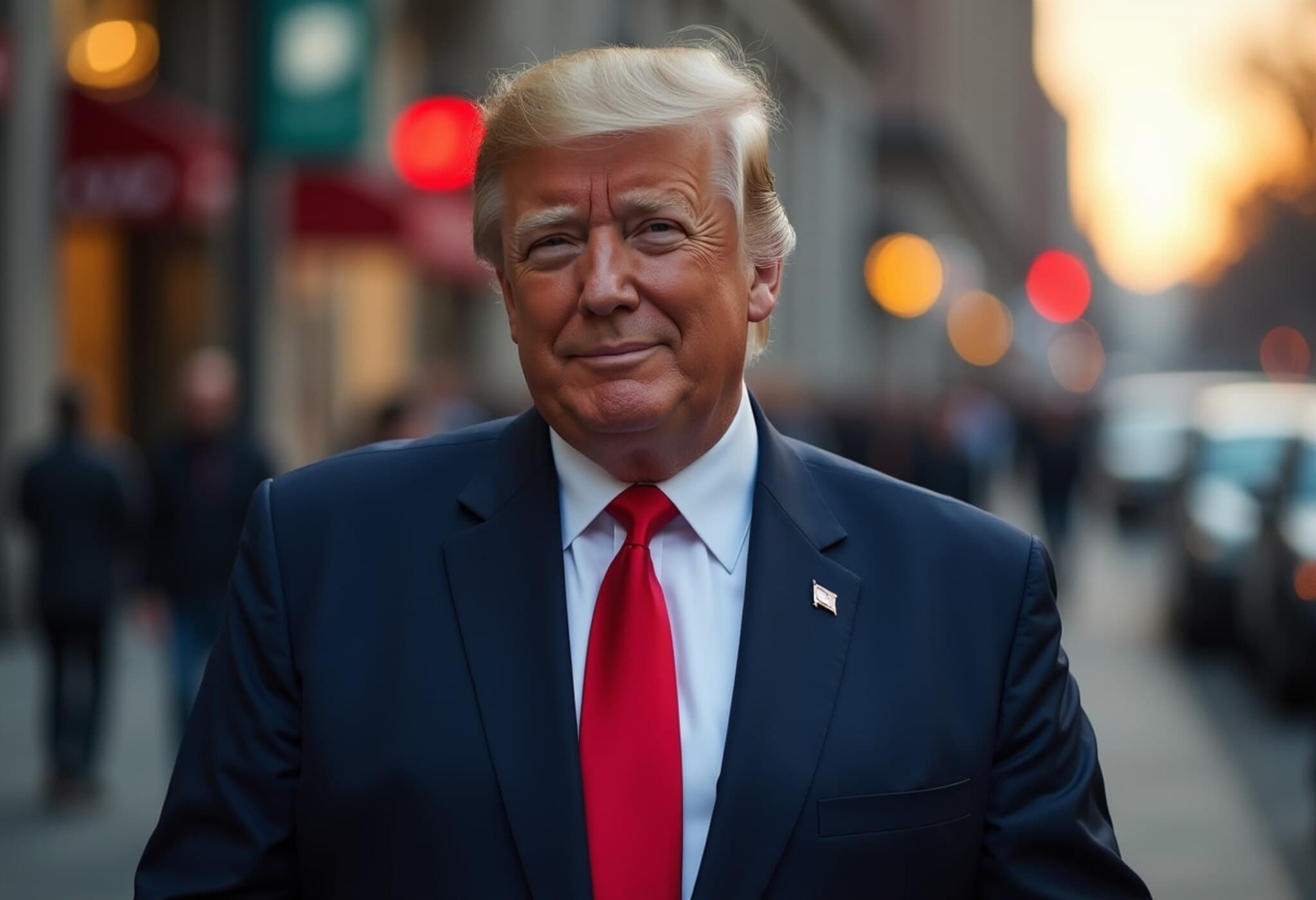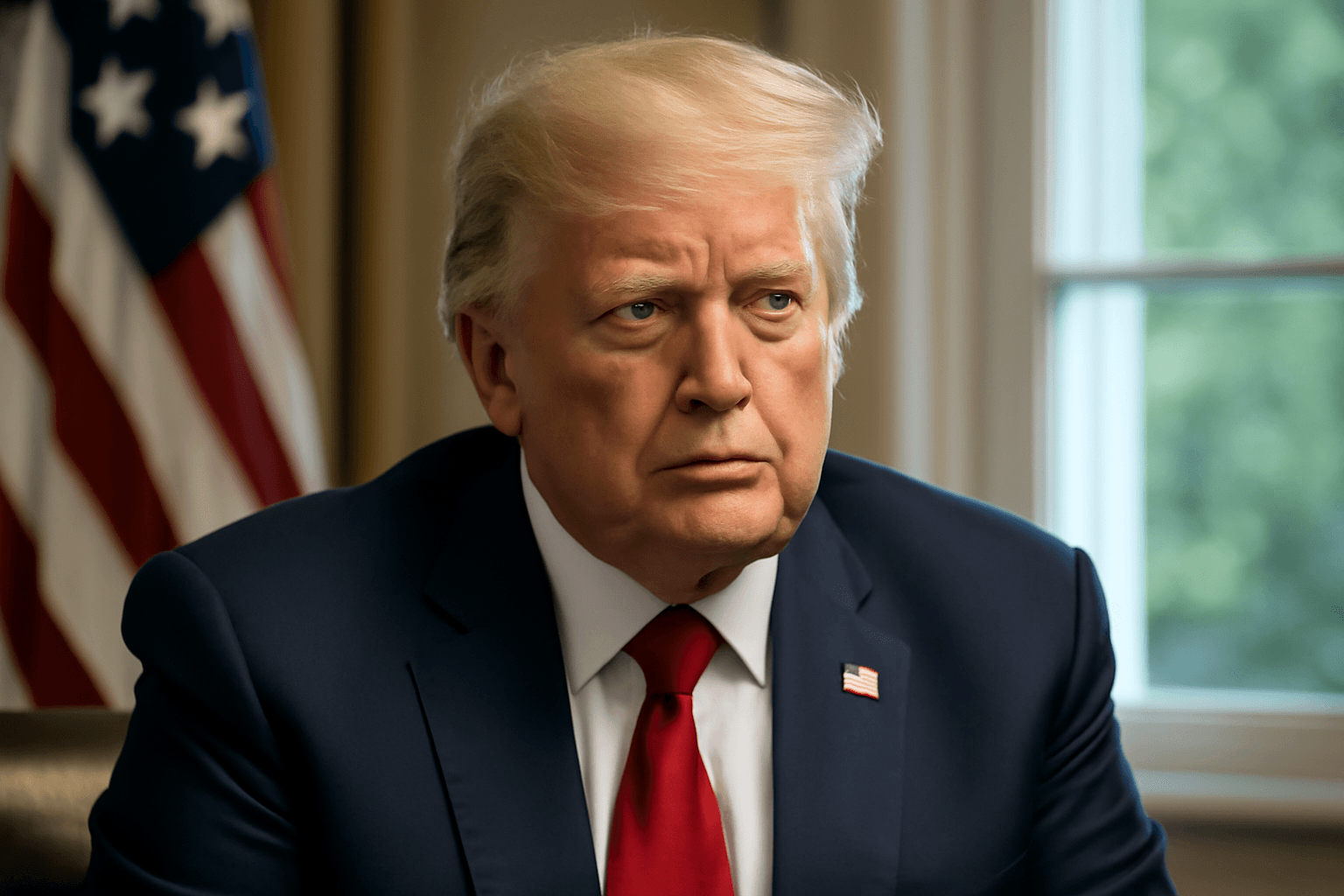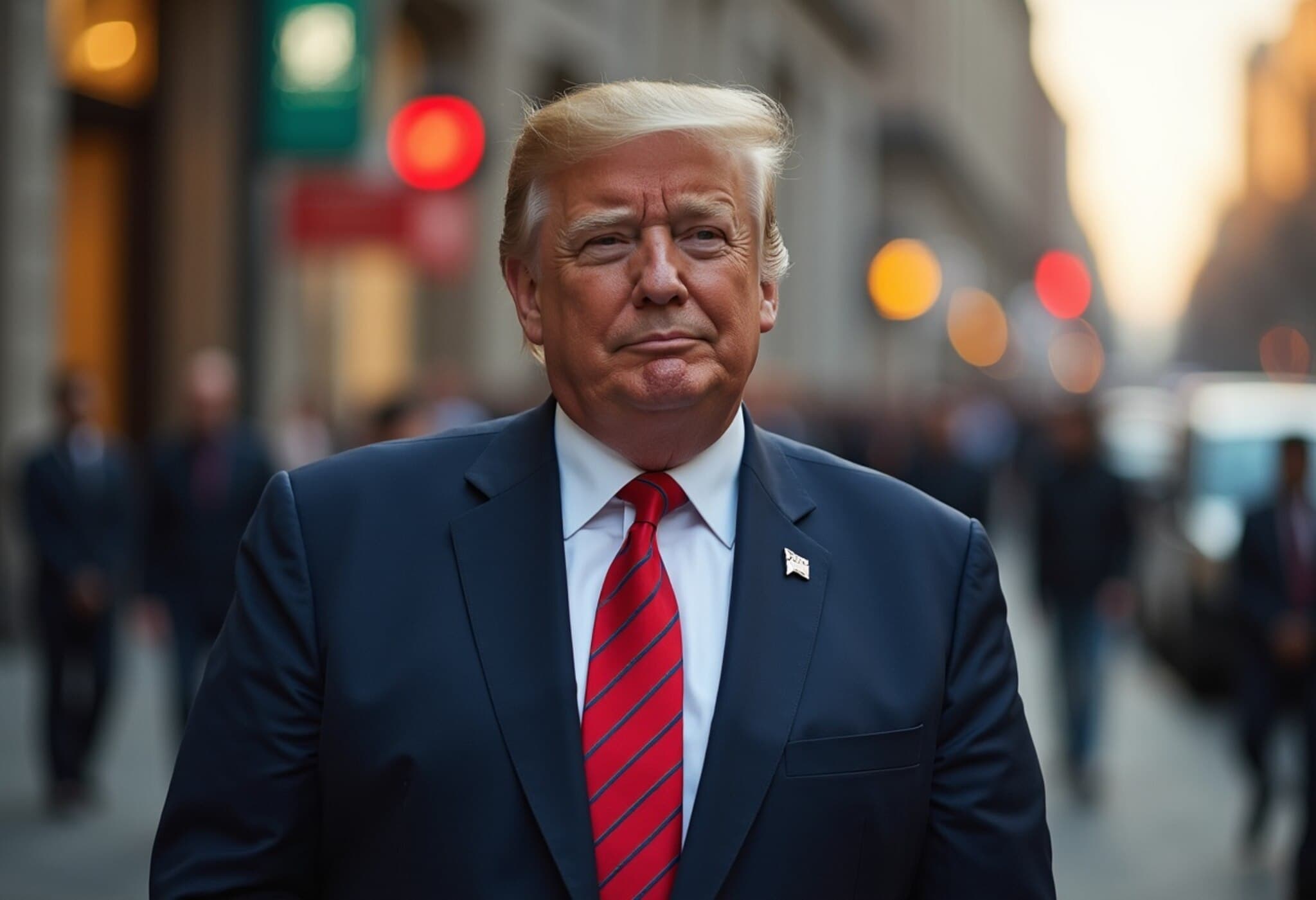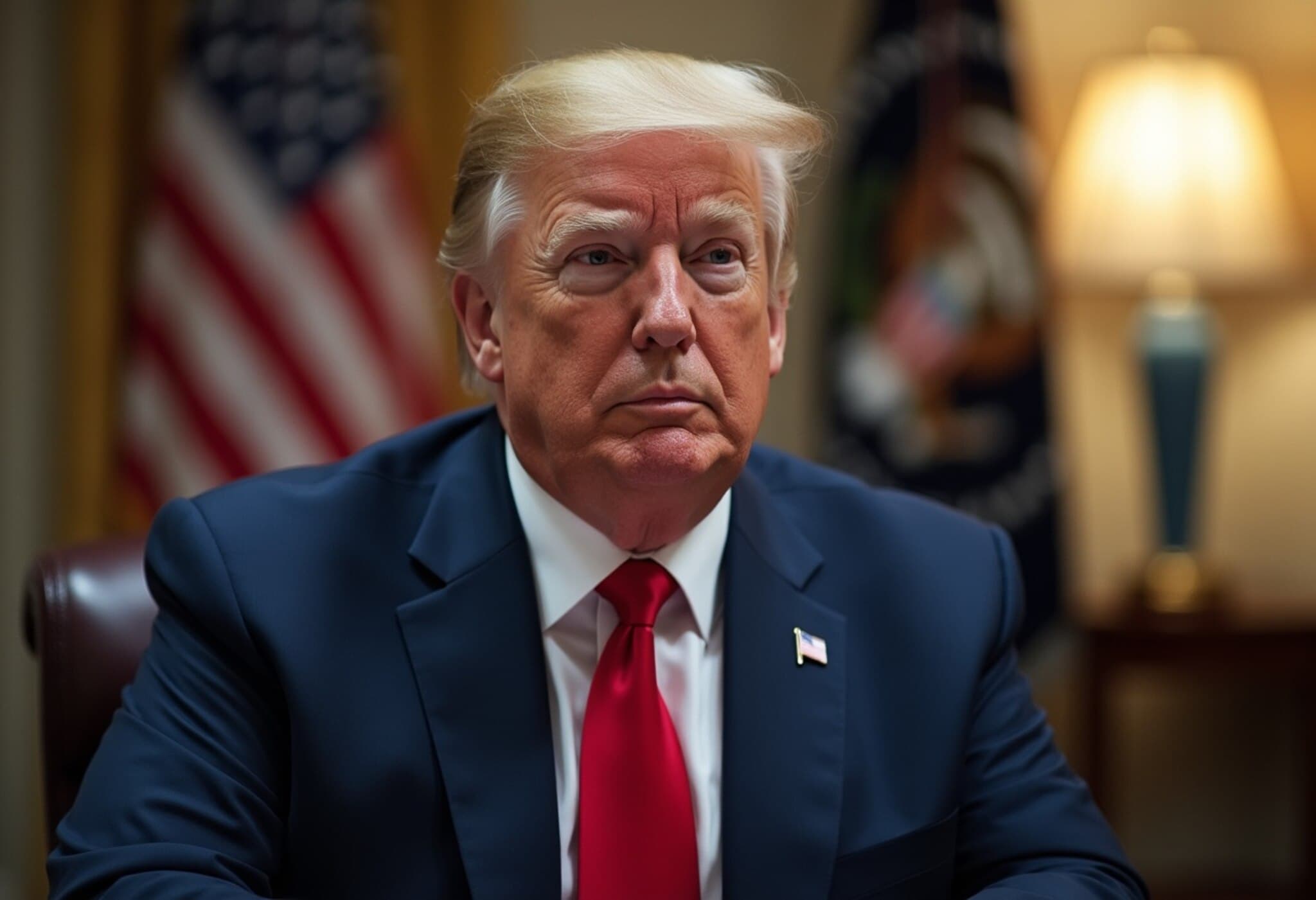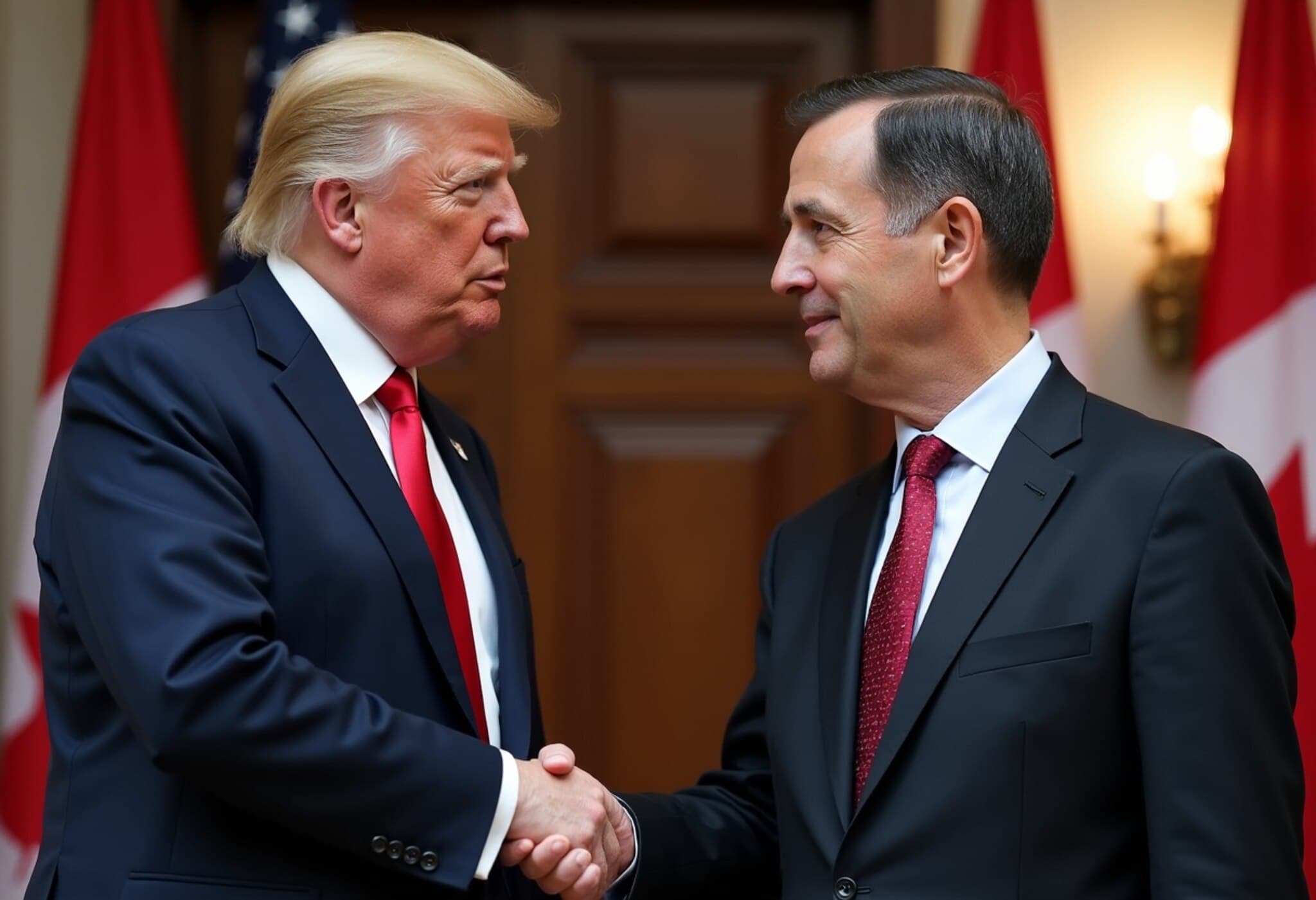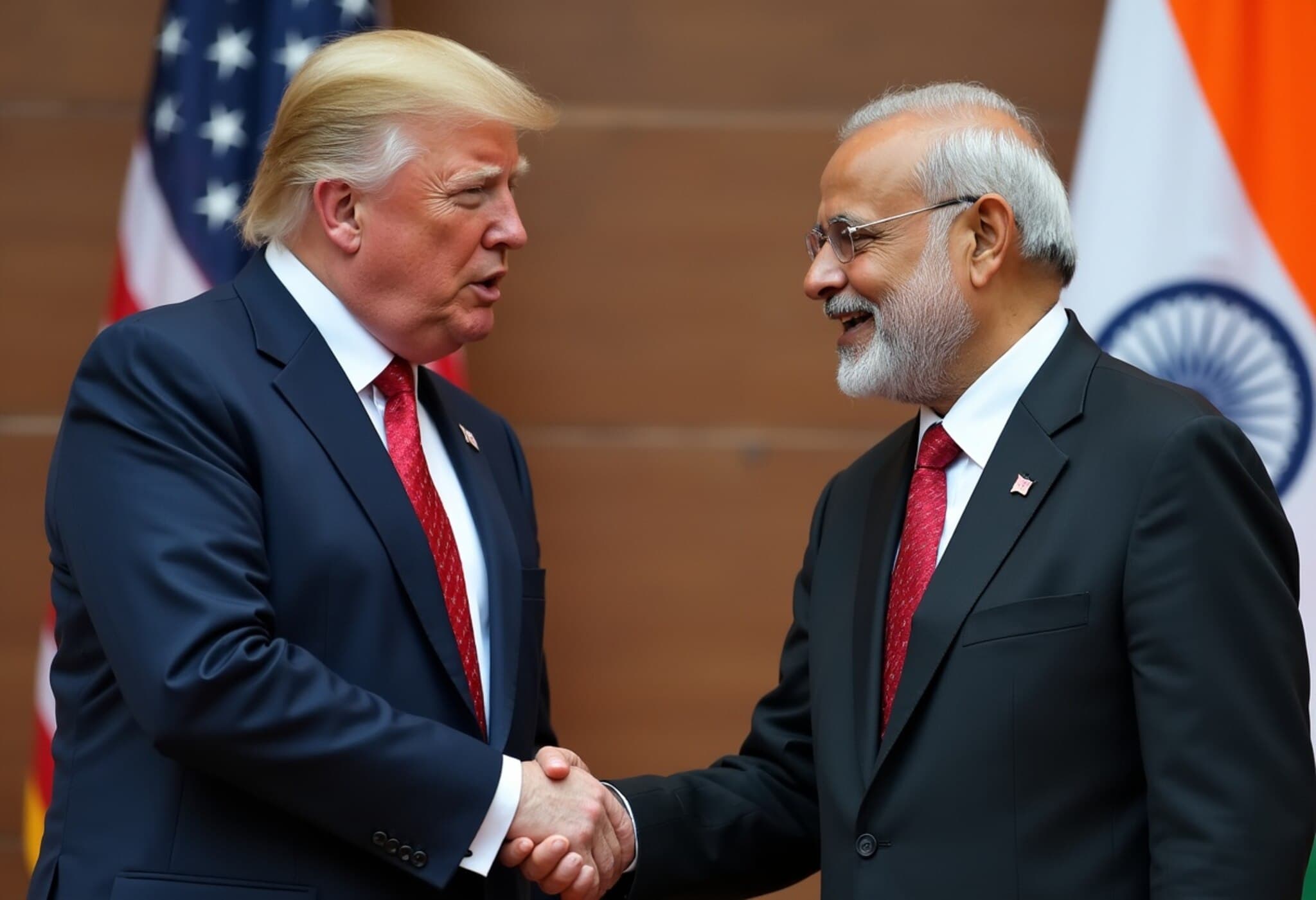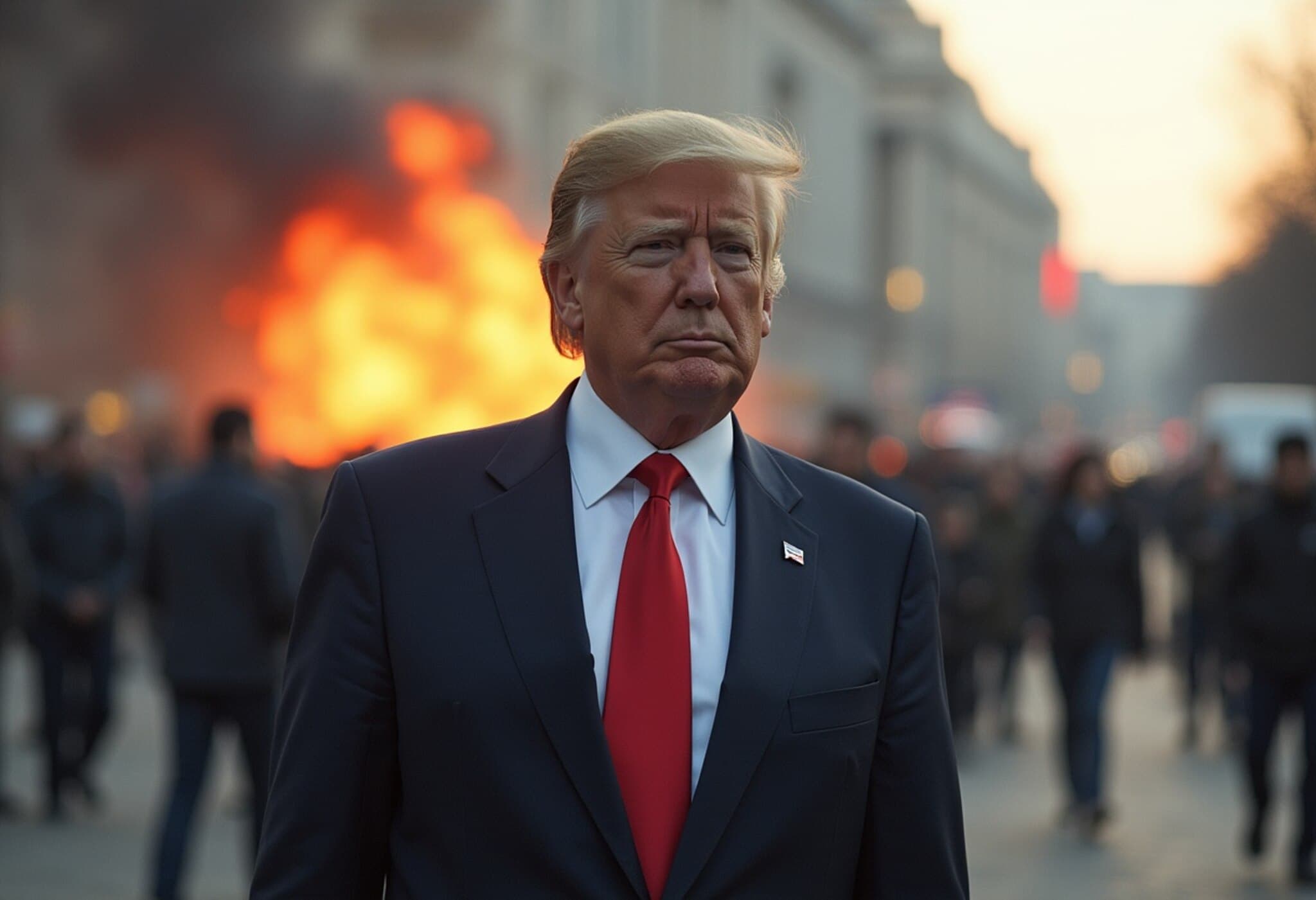Democrats Challenge Trump’s Tariff Measures Against India
In a growing diplomatic and trade controversy, the Democratic leadership on the US House Foreign Affairs Committee has sharply criticized former President Donald Trump’s decision to impose tariffs specifically targeting India. The move, linked to India’s continued purchase of Russian oil amidst Western sanctions on Moscow, has sparked concerns over the unintended consequences for the strategically vital US-India partnership.
Selective Tariffs Raise Questions of Fairness and Strategy
The Democrats allege that the Trump administration’s tariff policies unfairly “single out” India while simultaneously overlooking China's substantially larger imports of Russian crude oil. According to the House Foreign Affairs Committee's statement on X (formerly Twitter), the approach risks undermining America’s critical ties with New Delhi by penalizing an important ally without applying equal pressure on other major buyers of Russian energy.
“Instead of imposing sanctions on China or others purchasing larger amounts of Russian oil, Trump’s singling out India with tariffs is hurting Americans and sabotaging the US-India relationship in the process. It’s almost like it’s not about Ukraine at all,” the Democrats noted.
Context: Russia, Energy Imports, and Geopolitical Balancing
The backdrop of this dispute is the global response to Russia’s invasion of Ukraine and the West’s efforts to cut off critical revenue streams to the Kremlin. While countries like the US and European Union have taken steps to sanction Russian oil imports, India's continued procurement of discounted Russian crude has drawn ire from Washington.
However, new analyses spotlight the inconsistency in US policy. A recent New York Times report highlighted the puzzling exclusion of China, which remains the largest importer of Russian energy and continues to benefit from discounted prices without facing comparable tariffs or sanctions.
Tariff Specifics and Diplomatic Fallout
- Trump’s administration imposed a 25% reciprocal tariff on Indian goods alongside an additional 25% tariff linked directly to India's Russian oil purchases.
- Top US trade adviser Peter Navarro controversially characterized the Ukraine war as “Modi’s war,” implying that Indian policy was enabling Russia’s military operations.
- India has firmly condemned the tariffs as “unjustified and unreasonable,” reaffirming its sovereign right to protect national interests and economic security.
Expert Insight: The Diplomatic Tightrope
Experts argue that the Trump administration’s tariff strategy demonstrates the complex balancing act the US faces in managing its partnerships in Asia amid escalating great power competition. India remains a pivotal player in the Indo-Pacific, cooperating with the US on multiple fronts including defense, counterterrorism, and technology. However, the energy relationship with Russia complicates Washington's trust and leverage.
Renowned foreign policy analyst Dr. Sarah Thompson comments, “Targeting India with tariffs risks alienating a key strategic partner just as the US attempts to counterbalance China’s regional ambitions. A more nuanced approach that addresses energy concerns without compromising diplomatic ties is essential.”
What’s Next for US-India Relations?
The unfolding tariff dispute raises important questions about the future trajectory of US-India relations. Will economic friction spill over into strategic cooperation? Can both nations navigate the delicate line between sanction enforcement and alliance preservation?
- US Lawmakers’ Role: Bipartisan congressional efforts could influence a recalibration of tariff policies to avoid jeopardizing the broader Indo-Pacific strategy.
- India’s Response: New Delhi continues to assert its sovereign policy decisions while seeking to deepen partnerships beyond the US.
- Global Energy Market Dynamics: How Europe and Asia manage Russian energy imports will remain a critical and contentious arena.
Editor’s Note
This tariff controversy highlights the complexities at the intersection of global energy politics, alliance management, and economic diplomacy. As the United States seeks to uphold sanctions on Russia while nurturing ties with pivotal democracies like India, policymakers face the challenge of crafting calibrated responses that advance both moral imperatives and strategic goals. For readers and observers, the key takeaway is the necessity of nuanced diplomacy — one that transcends punitive measures to foster shared security and economic prosperity in an increasingly multipolar world.
What remains to be seen is how Washington will reconcile its sanctions policy with its broader Indo-Pacific ambitions without allowing geopolitical rivalries or resource dependencies to fracture essential partnerships.

